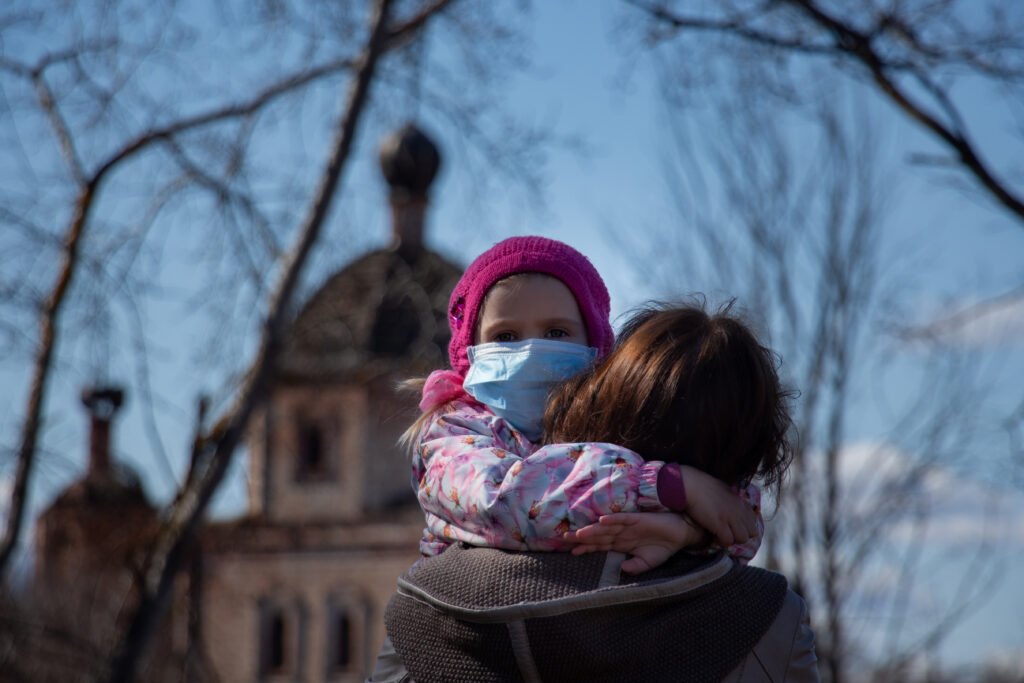No matter who we are or where we live, Covid-19 has had a dramatic impact on our everyday lives. It has changed the way we work, travel, shop and even the way we interact with the people we love.
When faced with such a serious threat to our health and freedom, it’s easy to feel hopeless. We can’t control when a vaccine comes or even anticipate what the next few months will bring. However, there is one way we can take back some control: by being kind.
Kindness is one of the greatest tools we have to help us through these challenging and unprecedented times.
Here’s a list of four simple ways you can create kindness during Covid.
1. Support the Elderly
Studies show that age is the strongest predictor of mortality in Covid-19 cases. Unfortunately, this means that many older people have been forced to temporarily isolate themselves from the community.
Keeping elderly and vulnerable folk connected to society during this difficult time is vital for maintaining their mental health and quality of life. The Chelmsford Senior Center in Massachusetts strives to do this by offering respite care, meals-on-wheels, and other invaluable services to those over the sixties.
However, services like Chelmsford depend on equipment (such as masks) to run and, with over 13 million confirmed cases of Covid-19 reported in the US since January, resources are being stretched thin. Recently, Remedium Pharmacy proved that even small businesses can have a big impact when they donated a sizable stash of PPE gear and medical accessories to the center.
You can show your own support by donating to nonprofits that assist seniors, such as Meals on Wheels or similar initiatives. If you’re not in a position to help financially, a donation of your time can be just as valuable. Call a local charity and ask what you can do to help — it may be as simple as shopping for an elderly neighbor for some basic supplies.
2. Check in with a Friend
Charities that specialize in mental health support have noticed an increase in calls through to their services since the pandemic hit. With restrictions on where we should go and who we can socialize with, this is no surprise. People who live alone are particularly susceptible to feelings of anxiety and depression, as are teenagers and young people who have drastically changed their routines.
If you’ve got a friend, family member, or even a neighbor who may be struggling, take a moment to reach out. Having a long-distance cup of tea over Zoom can stimulate feel-good hormones and give you both a comforting sense of connectedness. You don’t have to invest hours — even sending a funny quote or image can brighten another person’s day and provide some much-needed human interaction.
3. Volunteer Virtually
If Covid-19 has got you down, studies have shown that volunteering is a key to improving happiness. With virtual volunteering, you can create a positive impact during the pandemic without leaving the safety and comfort of your living room!
There are plenty of ways you can volunteer online, from providing translation services to chatting to people in crisis. If you’ve got a creative spark, you can even sign up for initiatives that collect Get Well and Thank You cards for patients and health care workers on the front line.
For more ideas, check out this list of virtual volunteering opportunities.
4. Observe the Rules
One of the kindest things you can do during the pandemic is to keep yourself and others safe by following your local health authority’s guidelines. Although regulations differ between states, the Center for Disease Control & Prevention has provided these general recommendations:
– Wash your hands often or use hand sanitizer
– Maintain 6 feet of distance between yourself and others
– Wear a mask in public settings
– Disinfect frequently-used surfaces
– Monitor yourself for symptoms
– Get tested if you feel unwell
Even if you aren’t part of a high-risk group, taking extra precautions will help lessen the strain on the healthcare system and protect more vulnerable members of your community.
No one can deny that 2020 has been a difficult year, but by showing each other patience, kindness, and consideration, we can slow the spread and learn to navigate the post-covid world together.

